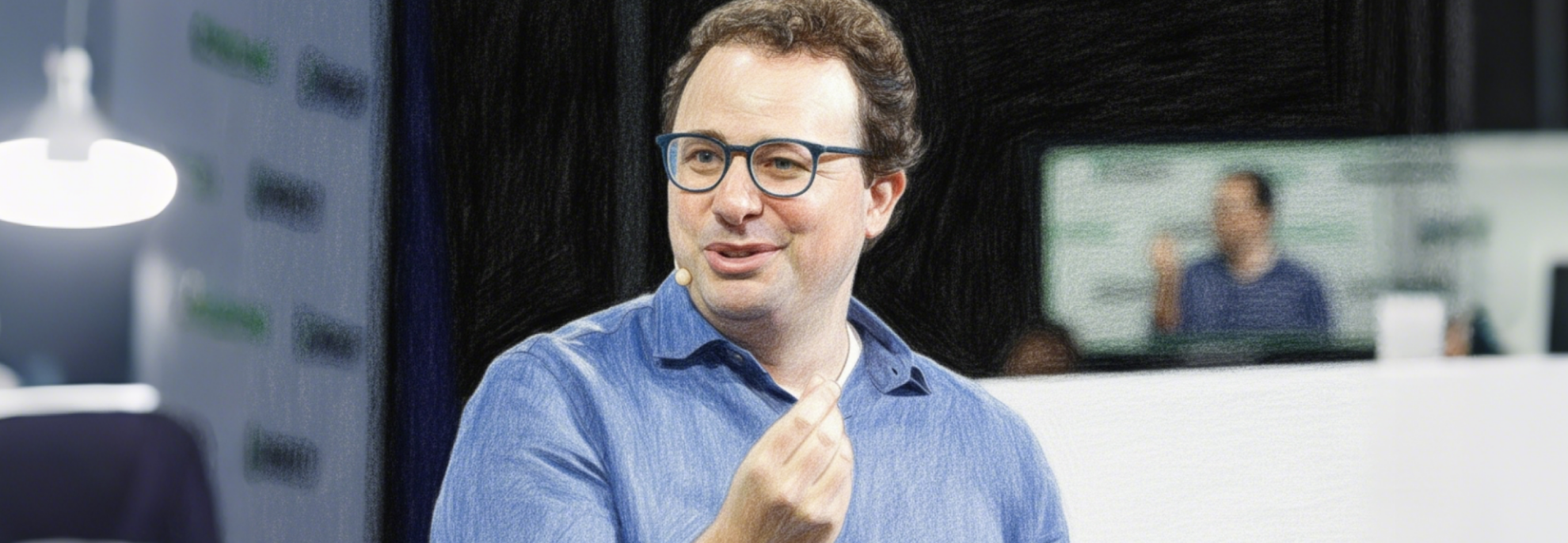Command Palette
Search for a command to run...
Others Don’t Understand the Fatigue and Stress of Workers, but AI does.
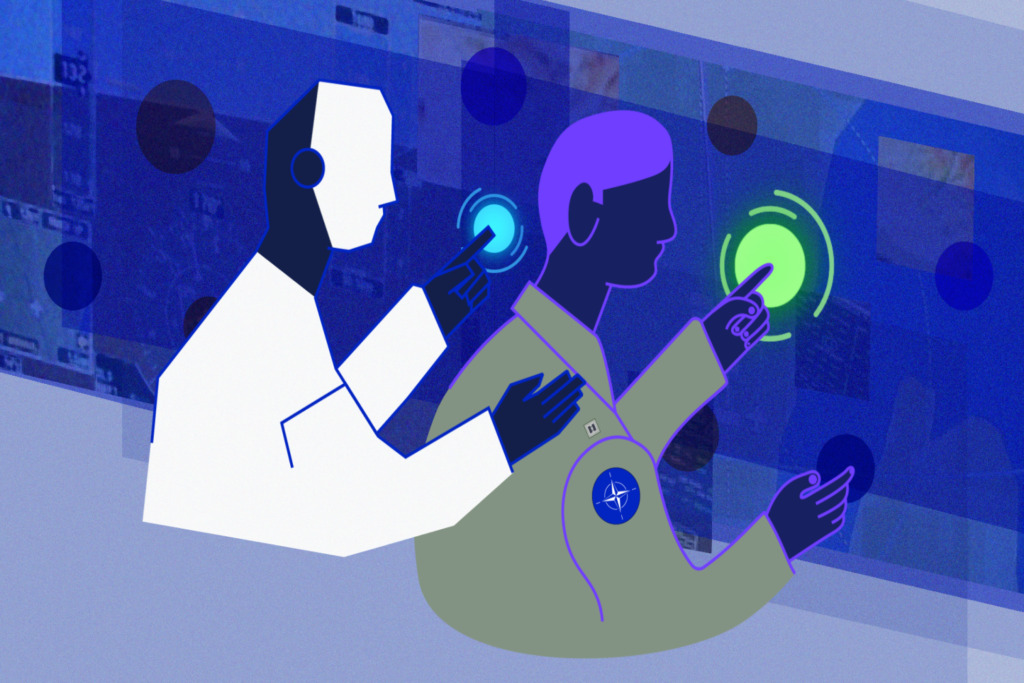
Recently, MIT Lincoln Laboratory is conducting a study to use AI systems to sense the fatigue of "workers" and make timely adjustments to avoid adverse consequences caused by fatigue and overload.
Good evening, workers. Have you finished your work today?
Recently, the "working people" meme suddenly became popular overnight. The whole Internet is talking about "working people", and no one knows what mistakes the workers have made to deserve being beaten by everyone.

However, the popularity of the "working people" joke has brought more attention to the working people. How much pressure do office workers have? Now, AI systems may understand it better than the real people.
Others don’t understand the fatigue of “working people”, but AI does
In fact, the jokes that make fun of "working people" seem helpless but sad, but from a psychological point of view,Behind these bitter self-deprecations is the relief that office workers feel from the heavy pressure and anxiety they face at work.
In today's fast-paced society, office workers are facing "high pressure" at work. Overtime has become commonplace, which often makes people exhausted.
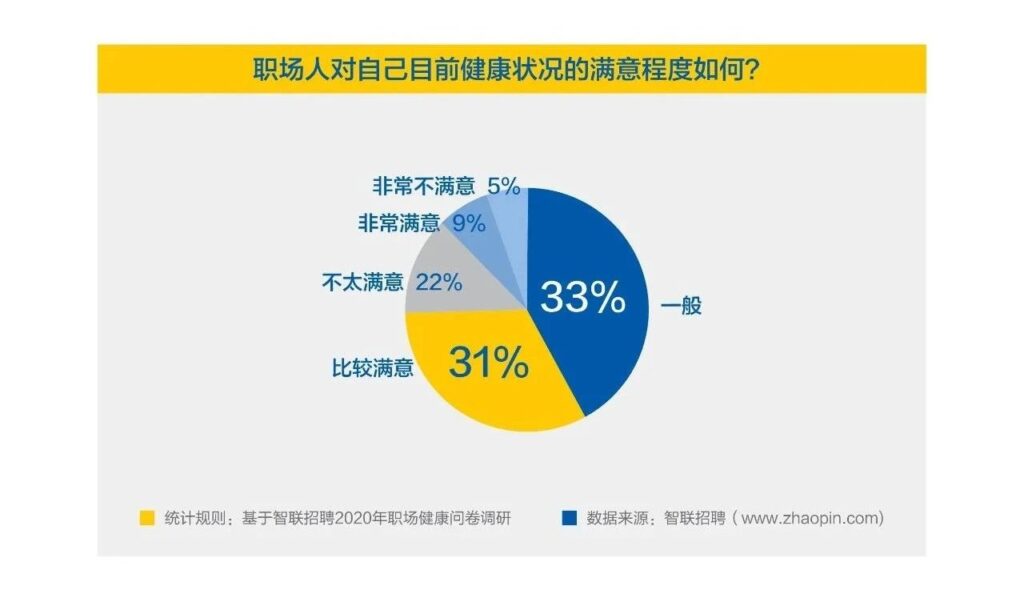
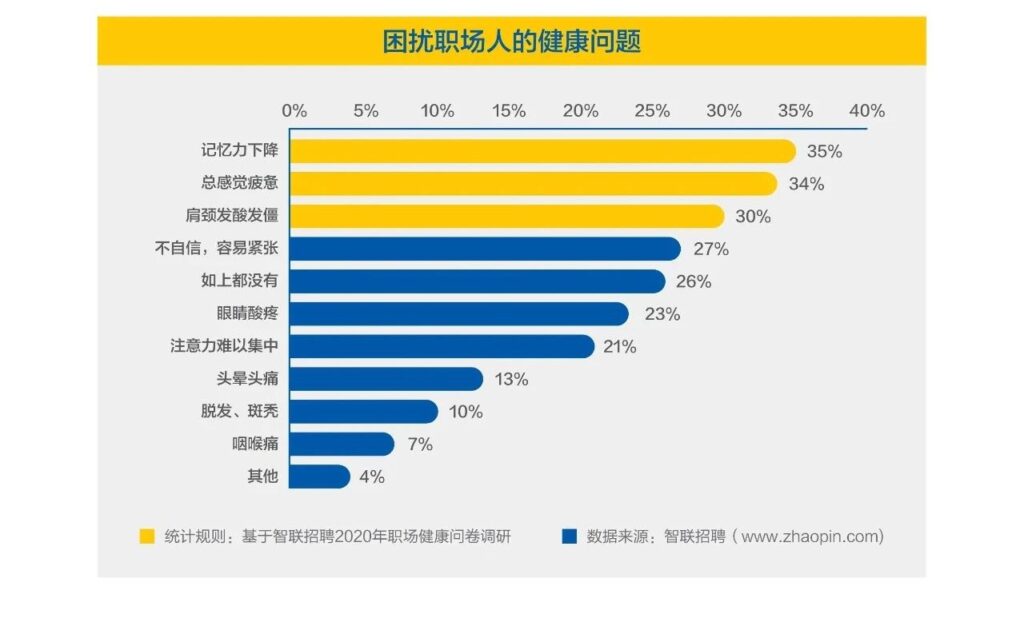
Studies have shown that the probability of making mistakes will increase significantly when working in a state of fatigue or overload, especially in medical, transportation, and shift work.
Recently, researchers at MIT Lincoln Laboratory (affiliated with the US Department of Defense) developed an AI system designed to sense cognitive fatigue in people and decide when to interfere with their performance. At the same time, the system will also make recommendations for interventions to help individuals regain clarity in time and prevent harm.
Megan Blackwell, a researcher at Lincoln Laboratory, said:“Throughout history, we have seen that human error has led to misfortune, missed opportunities, and sometimes catastrophic consequences.We are looking for ways to use technology to monitor fatigue or cognitive overload.For example, is this person too focused? In other words, are they approaching burnout? If we can monitor this in real time with technology, we can intervene before an incident occurs.”
Understanding when workers are tired from biological data
One of the lab's decades of research has been using technology to "read" a person's cognitive or emotional state.
By collecting biometric data (such as video and audio) and processing it with algorithms, researchers have discovered biomarkers for various psychological and neurobehavioral conditions, and these biomarkers have been used to train models to accurately estimate a person's state of mind.
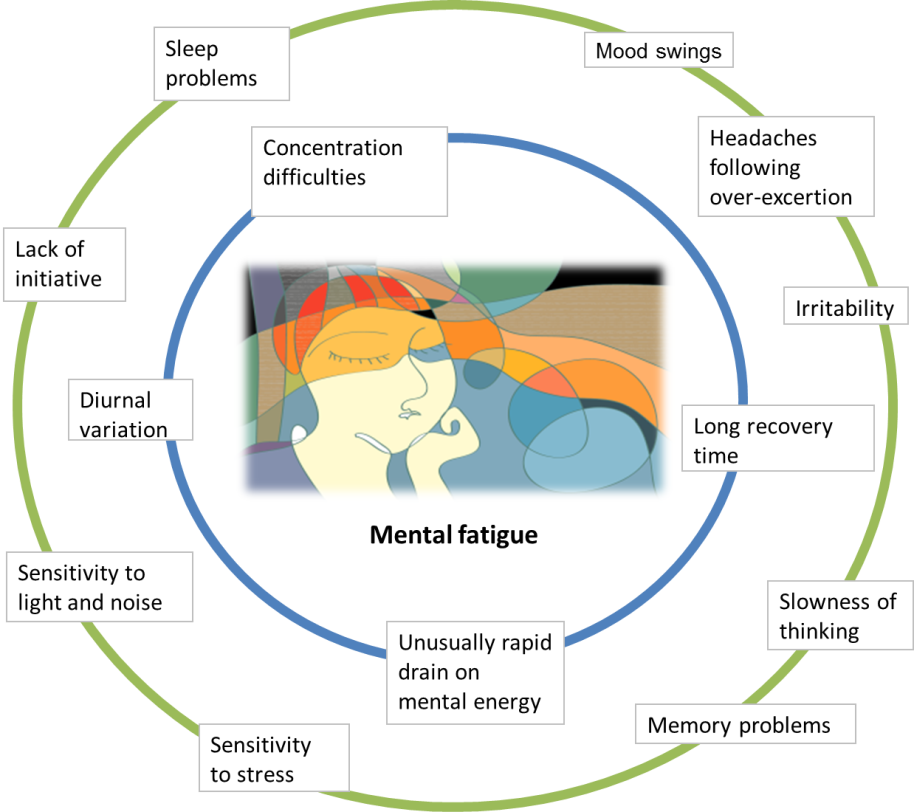
In this latest study,The team will apply their biomarker research to an AI system that can analyze an individual’s cognitive state, including a person’s feelings of fatigue, stress or overload.
The system will use biomarkers from physiological data such as voice and facial recordings, heart rate, electroencephalograms and optical indicators of brain activity, and eye movements to obtain this information.
Saving “Workers”: Fatigue Warning + Intervention Measures
Cognitive model: monitoring physiological inputs and identifying consciousness biases
Thomas Quatieri, head of neurobehavioral biomarker research at Lincoln Laboratory, said that the first step in building this system is to establish an individual cognitive model.
“The cognitive model would integrate physiological inputs and monitor those inputs to see how they change as a person performs a specific fatiguing task.Through this process, the system can establish activity patterns and understand a person’s basic cognitive states, such as auditory and visual attention and reaction times.”
Once this personalized baseline is established, the system can begin to identify deviations and predict whether those deviations will lead to errors or adverse consequences.
“Humans are complex, and we naturally compensate for stress or fatigue,” said William Streilein, a principal investigator in Lincoln Laboratory’s homeland protection and air traffic control division. “The most important thing we’re trying to do is build a system that can predict when that bias is not being compensated for and intervene only then.”
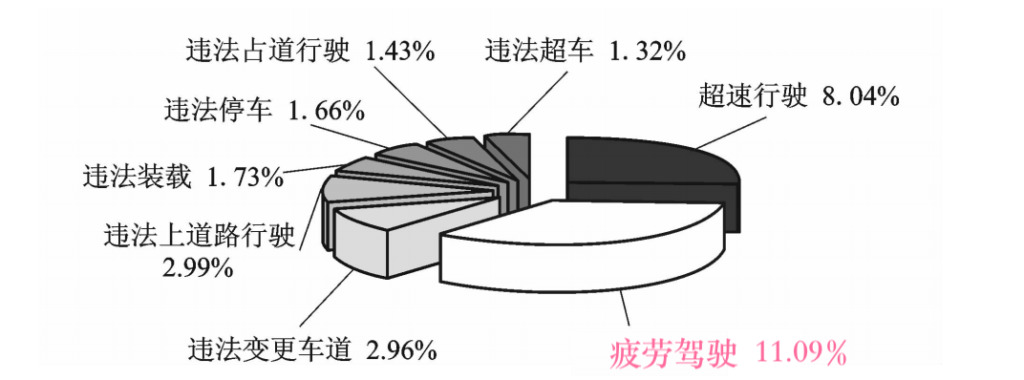
Timely intervention: If coffee doesn’t work, use direct current stimulation
When the system detects excessive fatigue or stress, it offers two interventions.
One is to suggest making some minor adjustments, such as giving employees coffee, changing the lighting intensity, and breathing fresh air; or to suggest handing the task off to a machine or other colleague.
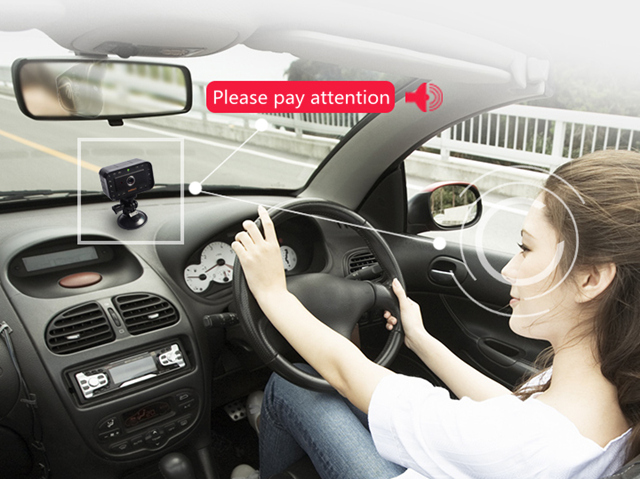
Another more intensive intervention involves transcranial direct current stimulation, a non-invasive neuromodulation method that uses electrodes to stimulate the brain to restore some of its functions. And, studies have shown that this method can fight fatigue more effectively than caffeine, with fewer side effects.
AI cares if you are tired from working
At present, it seems that this system will be used in the field of combat aviation. For example,AI systems can make “life-saving ejection decisions” for fighter pilots who lose consciousness or physical ability.
In addition to this field, this technology can also be used in other dangerous and harsh working environments.Examples include jobs in air traffic control, combat operations, disaster response or emergency medical care.
Today, the Lincoln Laboratory research team is still developing the technology further, and will focus on collecting data to train their algorithm over the next year.
Thomas Quatieri said, "We will study a basic set of functions in the short term, while the system is still personalized, it can be widely deployed, just like Siri can be universal, but can quickly adapt to everyone."

Sources:
https://news.mit.edu/2020/stressed-job-ai-teammate-may-know-how-help-1026
-- over--
